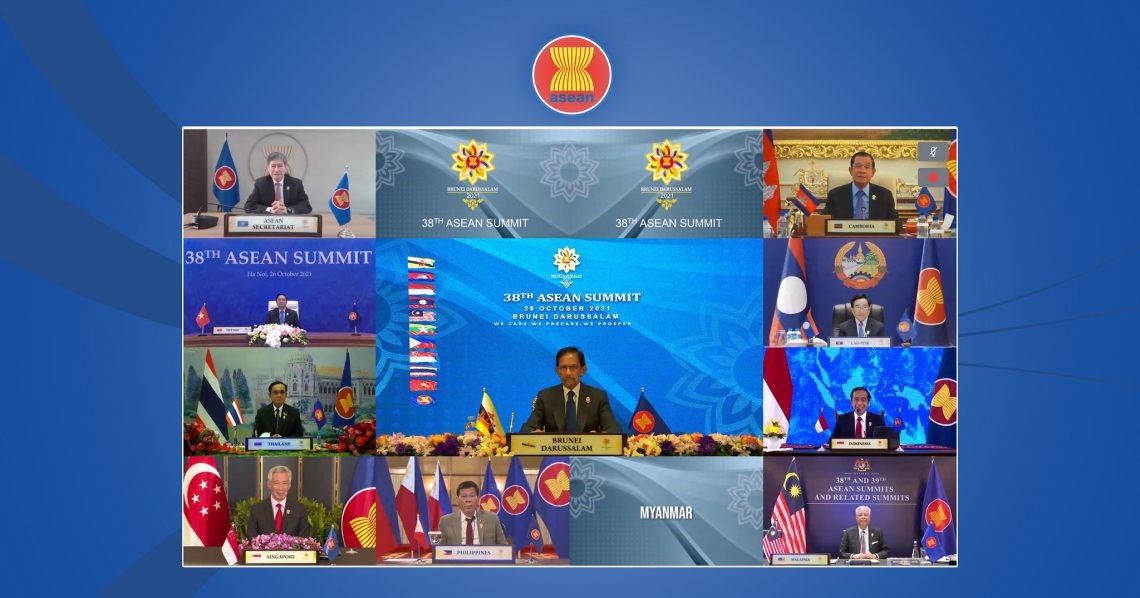ASEAN leaders reaffirm commitment to post-pandemic comprehensive recovery
ASEAN leaders attending their 38th and 39th summit on October 26-28 released the Chairman’s Statement that reaffirms the bloc’s commitment to further promote its central role in addressing common challenges as well as in advancing its comprehensive recovery from the COVID-19 pandemic.

ASEAN leaders recognised that the strength and resilience of the ASEAN Community lies in its people and in this regard, emphasised the importance of promoting an ASEAN Identity and awareness, and fulfilling their desire to live in a region of lasting peace, security and stability, sustained economic growth, shared prosperity, and social progress.
They reaffirmed their commitment towards the full and effective implementation of the ASEAN Community Vision 2025 as well as commencing the exercise to develop the Post2025 Community Vision. In this regard, ASEAN leaders adopted the Terms of Reference for the High Level Task Force (HLTF) on the ASEAN Community’s Post-2025 Vision and the Roadmap.
To promote economic recovery, the leaders reaffirmed their commitment to keep markets open and ensure the continued flow of trade and investment, supply chain connectivity, particularly for essential products, and for a strong and resilient post-COVID-19 economy.
They welcomed the ratification of the ASEAN Agreement on Electronic Commerce and the launch of the 2021-2025 Work Plan on the implementation of the ASEAN Agreement on Electronic Commerce, which promotes a harmonised approach for all ASEAN Member States to implement the commitments made in the Agreement while aligning their laws and regulations with international best practices, as appropriate, to advance ASEAN’s efforts towards an integrated digital economy.
The leaders acknowledged the emerging significance of the Blue Economy as well as the growing interest from external partners to engage ASEAN Member States on the concept, both bilaterally and regionally. In this regard, they adopted the ASEAN Leaders’ Declaration on the Blue Economy, which determines the principles by which ASEAN conducts its work on the Blue Economy, and outlines the potential areas under the Blue Economy that ASEAN will explore for action and cooperation in accordance with international law, both internally and with external partners.
On external relations, the ASEAN leaders underscored the importance of strengthening ASEAN’s centrality and unity in engagement with its external partners, including through ASEAN-led mechanisms such as the ASEAN-Plus One, ASEAN Plus Three (APT), East Asia Summit (EAS), ASEAN Regional Forum (ARF), and ADMM-Plus, in order to build mutual trust and confidence as well as reinforce an open, transparent, inclusive, and rules-based regional architecture with ASEAN at the centre.
The leaders stressed the need to maintain and promote peace, security, and stability in the region, as well as the peaceful resolution of disputes, including full respect for legal and diplomatic processes, without resorting to the threat or use of force, in accordance with the universally recognised principles of international law, including the 1982 United Nations Convention on the Law of the Sea (UNCLOS).

